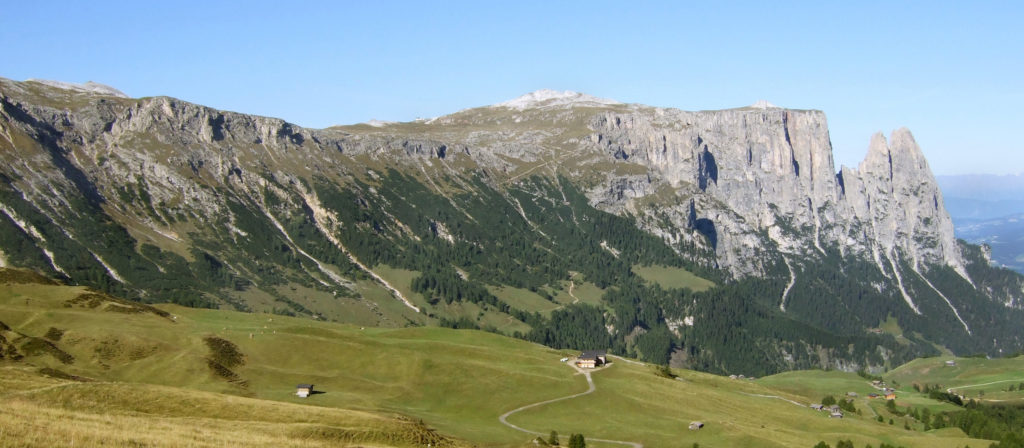
Our mission
The KRDB centre is formed by a group of professors and researchers of the Computer Science and Artificial Intelligence Institute of the Faculty of Engineering at the Free University of Bozen-Bolzano, Italy; KRDB was founded in 2002 by Enrico Franconi, who is currently its director. The KRDB research centre aims at confirming itself as an international centre of excellence in basic and applied research on Knowledge-based Artificial Intelligence research, education, and industry relations, and to have a positive impact on society and on our province through our research, education, and development efforts.
Our mission is to advance the frontiers of knowledge and technology in the field of Knowledge-based Artificial Intelligence and Data Science, to educate and empower the next generation of AI leaders, and to leverage AI to solve the most pressing challenges of our society. We are guided by a culture of excellence, innovation, integrity, social responsibility and diversity that empowers our students to become lifelong learners, critical thinkers and problem solvers.
Our members are world-renowned experts in their fields, and they work closely with our students to conduct cutting-edge research that has real-world impact. Our research focuses on a wide range of topics in Knowledge-based AI and Data Science, such as: formal and cognitive foundations of knowledge representation and reasoning; intelligent information systems that combine data, information, knowledge, and processes; conceptual and ontology modelling for system design; semantic-based intelligent access to data; semantic interoperability and data integration; business process modelling and process mining; data and web standards; natural language interfaces to knowledge..
We also collaborate with industry partners and other academic institutions to develop innovative solutions to some of the most pressing challenges of our time. Our partnership and collaboration strategy reflects a recognition that Knowledge-based AI and Data Science research and development is a complex, multi-disciplinary field that requires input and expertise from a range of stakeholders.
At the heart of our mission is our commitment to social responsibility and diversity. We believe that Knowledge-based AI and Data Science have the potential to transform our society in profound ways, but we also recognise that these technologies can be used to perpetuate inequality and injustice. That is why we are dedicated to ensuring that our students and faculty are equipped with the knowledge, skills and values needed to use Knowledge-based AI and Data Science for the greater good.
Partially funded by the European Regional Development Fund, under the “Smart – Driving Technology Change” priority (2024-2026).

